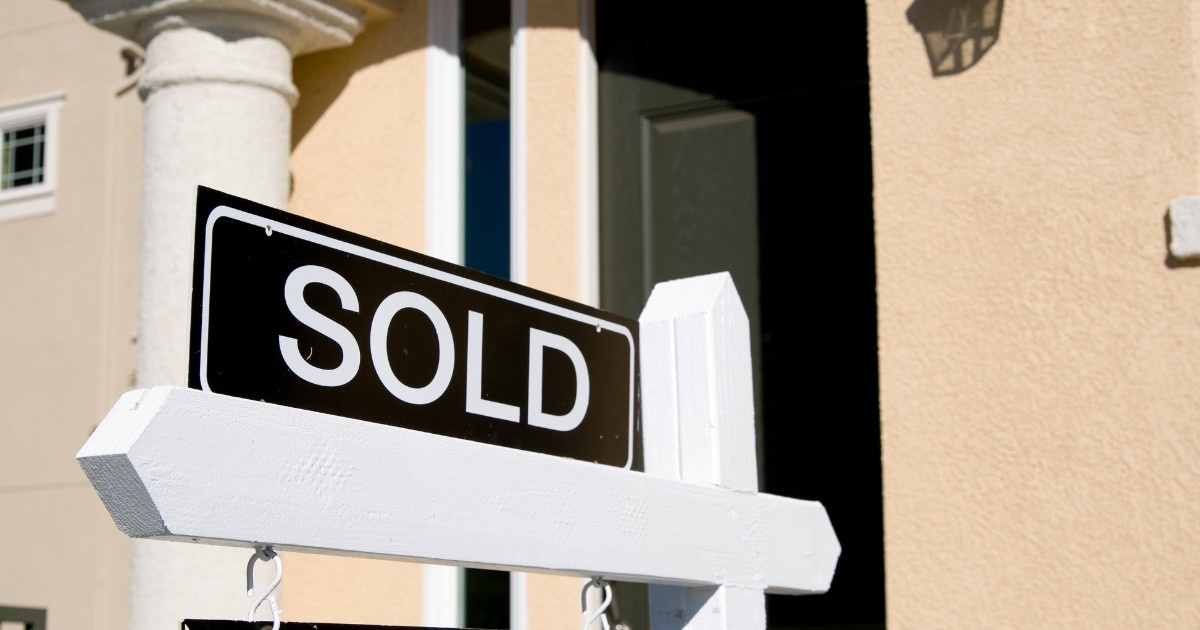Whether your clients are purchasing vacation homes, cottages, and rental properties for their personal use, or to house regular tenants or shorter-term rentals through Airbnb and Vrbo, having a property inspection is a great preventative measure that can save them a lot of hassle by offering a heads-up to any major issues that are present or could arise in the future.
When existing problems or potential issues are identified during a property inspection, they can often be remedied by the seller, or the buyer can be compensated with a lower purchase price to make up for future spending.
Since cottages are often secondary property purchases for your clients, they’re more likely to feel anxious about adding monthly payments to their budget, so a home inspection is a great way to put their worries to rest.
Seasonal properties or those not occupied full time can pose issues that go unnoticed over time, until a major problem arises that’s visible to the naked eye. A home inspection allows the inspector to look beyond the obvious to uncover hidden issues.
The following are scenarios of recent inspections that revealed issues that could have remained hidden, if not for an inspector taking a deeper dive.
Soft spot uncovered in cottage floor
A family in the market for a lakeside retreat they could enjoy together found the perfect cottage perched on a hill above the lake, giving it excellent views, with a beautiful dock for the kids to use while swimming and fishing.
During the inspection, our inspector found a soft spot in the cottage flooring. Upon further investigation, it was determined that the window had been leaking for a while and rot had reached through to the sub-flooring. Thanks to the inspection, the buyers were able to negotiate a price reduction with the sellers to cover the repairs, avoiding a surprise renovation their first summer.
Inadequate attic ventilation discovered in rental property
A first-time investor was looking to purchase an Airbnb-style rental property. They found a trendy-looking cabin that was under five years old in an ideal rental market.
During the home inspection, our inspector found that there was inadequate ventilation in the attic, with early signs of mould growth becoming visible due to trapped moisture. If gone undetected, this serious issue could have not only impacted the health of guests, but it could have snowballed into a much larger problem.
The buyer was able to use the inspection report to get the seller to handle remediation and add extra ventilation before closing.
Property maintenance inspections examine these key components:
- Foundation and drains
- Gutters and drain spouts
- Heating and cooling systems
- Plumbing systems
- Electrical systems
- Roofing
- Windows and doors
- Fireplaces and chimneys
- Presence of smoke detectors and other safety equipment
Following a thorough property inspection, your clients will be provided with three complete action lists:
- Required items – deserve immediate attention.
- Deferred items – need to be addressed in the near future.
- Future Maintenance items – noteworthy points that aren’t urgent, but should be monitored during future assessments.
Ongoing protection
Having a professional home inspector keep track of your clients’ properties on an annual basis will also offer added peace of mind that their investments are being well monitored and maintained.
A lot can happen to a property’s exterior over a year, particularly when it comes to extreme winter weather conditions such as wind, freezing rain, ice and snow.
Equally as important is ensuring the mechanical systems within each property are running as intended.
It’s also more difficult to keep an eye on properties and identify issues when they’re not owner-occupied or at least have full-time tenants.
Regardless of the type of property your clients are seeking, a professional home inspection is money well spent – with the average inspection fee sitting around $550 for a 2,000-square-foot house, including infrared/thermal imaging.
While each fee is property-specific based on such aspects as size, age and location, the issues found in the properties listed above cost exponentially more to repair than the nominal home inspection fees charged.

Cliff Campbell is a regional owner and member of the National Leadership Team at A Buyer’s Choice Home Inspections (ABCHI) Canada, as well as a Certified Master Inspector (CMI) and the local owner of the Lethbridge, AB ABCHI franchise. Having performed 6,000+ residential and commercial property inspections, Cliff has a passion for raising the bar in what buyers, sellers and their realtors should expect from a professional inspector. He can be reached at: https://abuyerschoice.com/partners













